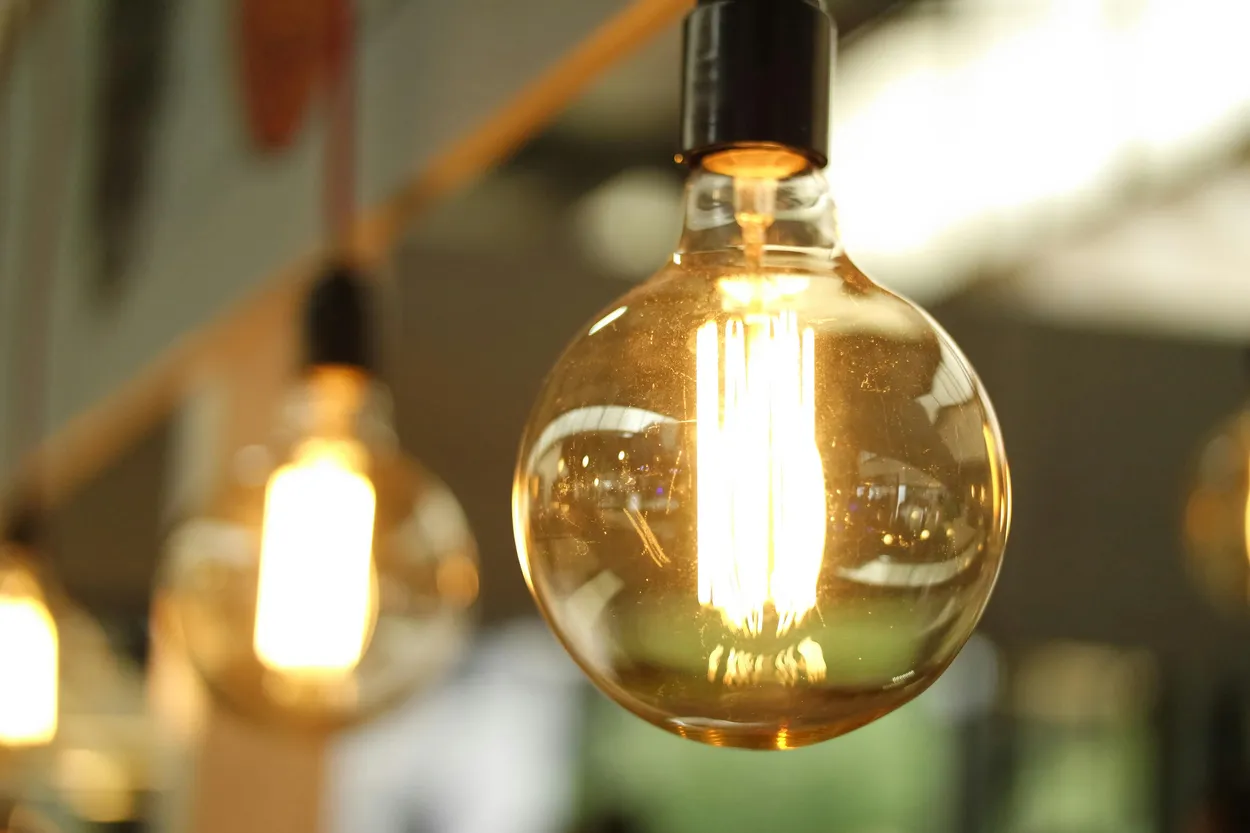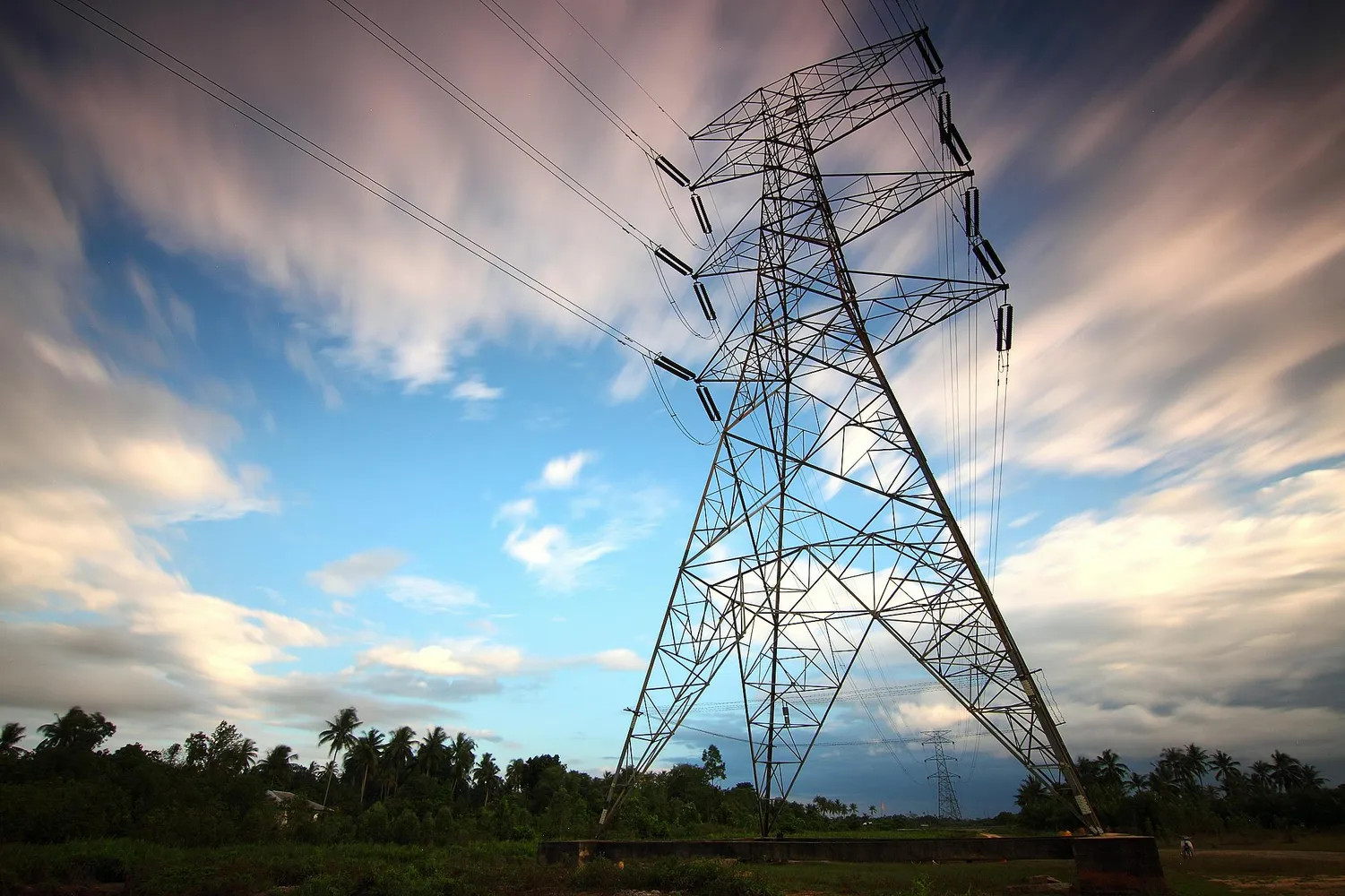The £1M Typo: Why Boardrooms need to stop confusing kW and kWh
It’s the most common mistake in GreenTech pitch decks. Here is why confusing Power (kW) with Energy (kWh) isn't just a physics error—it's a financial one.

I have sat in dozens of investment committees and board meetings where a smart, well-intentioned executive points to a slide and says:
“We are planning to install a 50 kilowatt-hour grid connection.”
Usually, nobody flinches. But inside my head, alarm bells are ringing.
Confusing kW (Power) and kWh (Energy) is often dismissed as a semantic slip-up—a “typo” that the engineers will fix later. But in the world of EV infrastructure and Grid constraints, it is a fundamental misunderstanding of your business model.
If you don’t know the difference, you aren’t just getting the physics wrong. You are confusing CapEx with OpEx.
The Boardroom Translation
Let’s skip the textbook definition. You don’t need to know about Joules per second. You need to know what cheque you are writing.
kW (Kilowatts) = CapEx (The Infrastructure)
kW is the size of the pipe. It dictates how fast energy can flow.
- The Cost: This determines your grid reinforcement cost.
- The Risk: If you need 300kW but only have a 69kVA (approx 69kW) connection, your project is dead in the water.
- The Asset: This is the Charger speed (e.g., a 50kW Rapid Charger).
kWh (Kilowatt-hours) = OpEx (The Fuel)
kWh is the amount of water in the bucket. It is the volume of energy you buy or sell.
- The Cost: This determines your monthly utility bill.
- The Revenue: This is what you sell to the EV driver.
- The Asset: This is the Battery size (e.g., a 60kWh Tesla battery).
Why the mistake is expensive
I recently reviewed a pitch deck for a fleet electrification project. The financial model assumed they could charge their entire fleet using their existing connection because the “Total kWh required” was low.
They were right about the Energy (kWh). The vans didn’t drive very far.
But they were wrong about the Power (kW). Because all the vans returned to the depot at 5:00 PM and plugged in simultaneously, the Peak Power (kW) demand spiked massiveley.
They didn’t need a bigger electricity contract (OpEx). They needed a £500,000 substation upgrade (CapEx). The project was immediately unviable.
The “Red Flag” Test
When I perform Technical Due Diligence for investors, looking for this confusion is my first “sanity check.”
If a founder tells me they are building a “100kW battery” without specifying the duration (kWh), or they promise a “Rapid Charging Hub” without checking the DNO import limit (kVA/kW), it suggests they haven’t modeled the constraints.
The Takeaway
You don’t need to be an engineer to sit on a GreenTech board. But you do need to know the difference between Speed (kW) and Distance (kWh).
- kW costs millions to upgrade (Grid).
- kWh costs pennies to buy (Market).
If your strategy relies on mixing them up, you are in for a very expensive surprise.
Need a sanity check on your technical strategy? Book a Due Diligence Audit with Thoughtful Electron.
